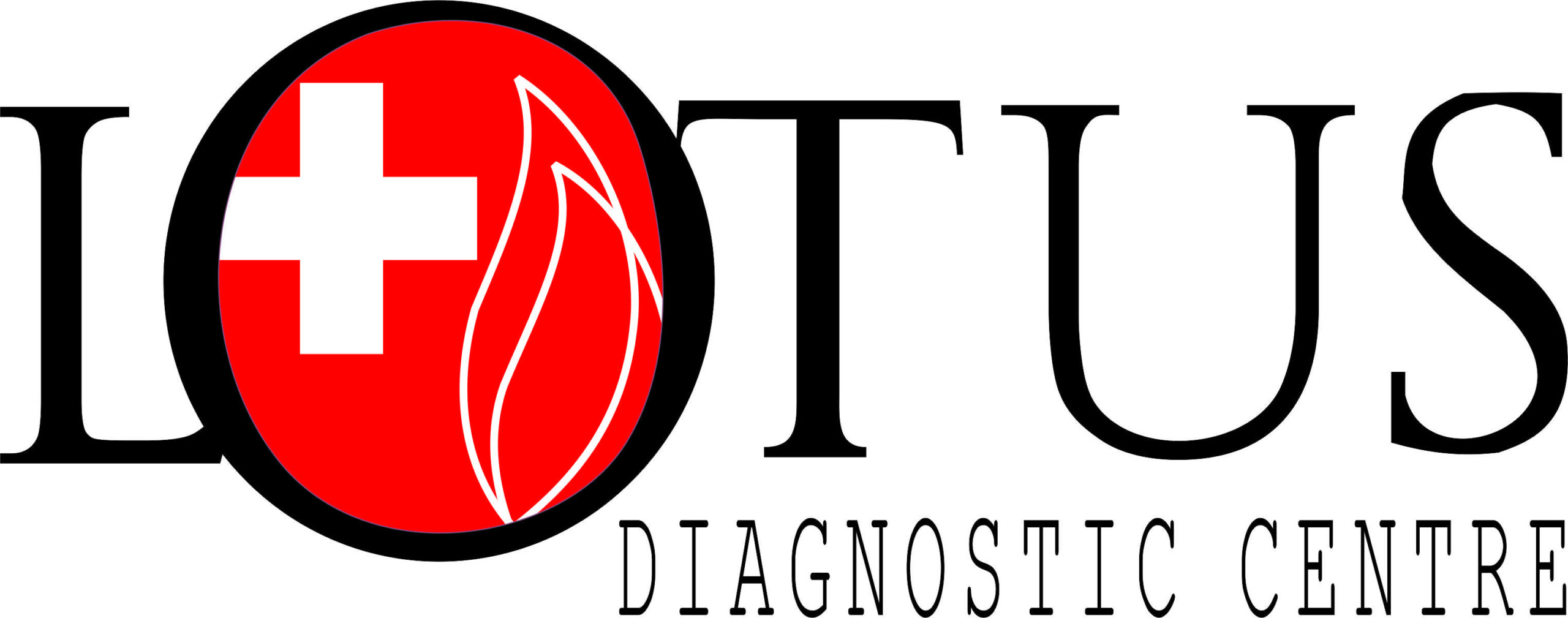
Oncology
Oncology at Lotus Diagnostic Centre
Oncology is the study and treatment of cancer. It is a complex field that requires a multidisciplinary approach involving physicians, nurses, and other healthcare professionals. Cancer is a major global health problem, with an estimated 19.3 million new cases and 10 million cancer-related deaths reported in 2020. In India, 1.16 million new cases and 0.78 million deaths because of cancer were reported in 2018 itself. The burden of cancer in India is expected to increase significantly in the coming years, with the number of new cases projected to reach 1.73 million by 2035.
One of the challenges in India is the lack of awareness and early detection of cancer. Many people in India do not seek medical attention until the cancer has reached an advanced stage, making treatment more difficult and reducing the chances of survival. This is compounded by a shortage of oncologists and other healthcare professionals trained in cancer care.
Another challenge is the high cost of cancer treatment. Many cancer drugs and treatments are not covered by insurance, and out-of-pocket expenses can be prohibitively expensive for many families. This can lead to delays in seeking treatment or inadequate treatment due to financial constraints.
Cancer can affect any part of the body, and its management depends on the type and stage of cancer. In this article, we will discuss common issues and solutions in oncology.
Why Should You Visit an Oncologist?
Diagnosis: One of the most common issues in oncology is the timely and accurate diagnosis of cancer, which an oncologist can help with. Cancer can be difficult to diagnose as its symptoms can be similar to other conditions. Delayed diagnosis can lead to a more advanced stage of cancer, which can reduce the effectiveness of treatment. Regular screening and diagnostic tests as part of a full body check-up can also help in the early detection of cancer.
Treatment: An oncologist can help you with choice of treatment in case cancer is detected. The treatment of cancer depends on the type and stage of cancer, as well as the patient’s overall health. Treatment options include surgery, radiation therapy, chemotherapy, immunotherapy, and targeted therapy. Our oncology specialists at Lotus prepare personalized treatment plans for each patient based on their individual needs.
Management of Side Effects: Cancer treatment can cause a range of side effects, including fatigue, nausea, hair loss, and skin changes. These side effects can affect a patient’s quality of life and may require additional medical intervention. An oncologist can help manage the side effects of treatment through supportive care such as pain management, nutritional support, and counseling to help patients cope with the physical and emotional effects of cancer treatment. Cross-specialty referrals at Lotus provide additional convenience to the patient.
Communication: Communication between patients, their families, and healthcare professionals is essential in oncology. Patients need to understand their diagnosis and treatment options, as well as the potential risks and benefits of treatment. Oncologists help by communicating effectively to provide patients with the information they need to make informed decisions about their care.
Survivorship: Cancer survivors may face a range of physical and emotional challenges after completing treatment. These challenges may include fear of recurrence, long-term side effects of treatment, and difficulty adjusting to life after cancer. Oncologist can provide survivors with comprehensive follow-up care to address their ongoing physical and emotional needs. Survivorship care plans can help survivors navigate the transition from active treatment to follow-up care and promote their overall health and well-being.
What are the Treatment Options Available?
Precision Medicine: Precision medicine is a personalized approach to cancer treatment that involves the use of genomic and other molecular information to guide treatment decisions. This approach can improve the effectiveness of treatment and reduce the risk of side effects.
Immunotherapy: Immunotherapy is a type of cancer treatment that uses the body’s own immune system to fight cancer. This approach has shown promising results in the treatment of various types of cancer and is becoming an increasingly important part of cancer treatment.
Supportive Care: Supportive care is an essential part of cancer treatment that focuses on managing the side effects of treatment and improving patients’ quality of life. Supportive care interventions can include pain management, nutritional support, and counseling.
Survivorship Care: Survivorship care is an important part of oncology that focuses on providing comprehensive follow-up care for cancer survivors. This care can help survivors manage the physical and emotional challenges they may face after completing treatment and promote their overall health and well-being.
Multidisciplinary Care: Oncology requires a multidisciplinary approach involving physicians, nurses, and other healthcare professionals. This approach ensures that patients receive the best possible care and that all aspects of their care are considered.
Clinical Trials: Clinical trials are essential in oncology as they help to identify new and innovative treatments for cancer. They also provide patients with access to new treatments that may not be available through standard care.
Palliative Care: Palliative care is a specialized form of medical care that focuses on improving the quality of life for patients with serious illnesses, including cancer. Palliative care can be provided at any stage of cancer treatment and can help patients manage symptoms such as pain, nausea, and anxiety.
Survivorship Programs: Survivorship programs are designed to provide support and resources for cancer survivors. These programs can include support groups, educational resources, and access to survivorship clinics.
Technology: Technology is becoming an increasingly important part of oncology, with innovations such as telemedicine and electronic health records improving the delivery of care. Technology can also help healthcare professionals to collaborate more effectively and improve patient outcomes.
Conclusion
Oncology is a complex and challenging field that requires a multidisciplinary approach. Common issues in oncology include timely and accurate diagnosis, choice of treatment, management of side effects, effective communication, and survivorship. Solutions to these issues include precision medicine, immunotherapy, supportive care, survivorship care, multidisciplinary care, clinical trials, palliative care, survivorship programs, patient navigation, and technology. As the field of oncology continues to evolve, it is essential that healthcare professionals continue to work together to improve the care and outcomes for patients with cancer.
Oncology Specialists at Lotus

